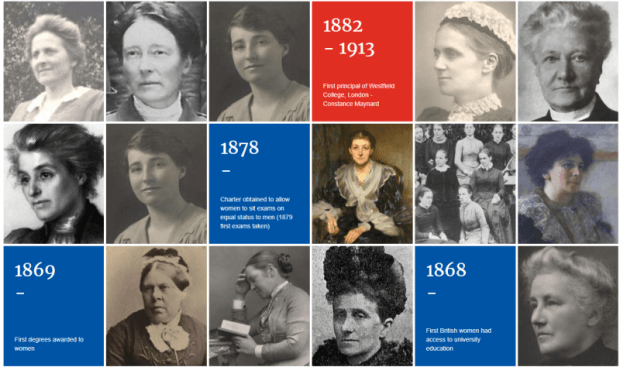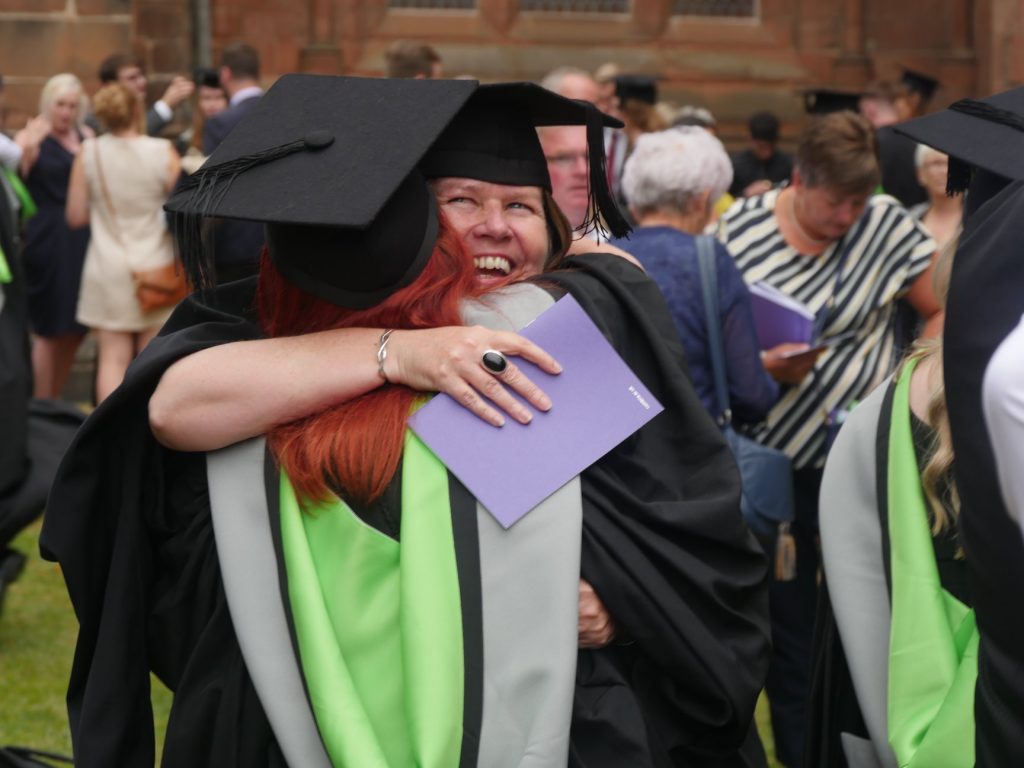Dear Readers, I am going to present this blog as a two part series. This week, in Part 1, I reflect and reminisce through the long history of women’s education. In the impending blog, we will explore how the history unfolded and revolutionised in the 21st century of Online Learning.
I feel blessed and grateful to my parents who stressed upon the importance of education and always encouraged me to attain higher levels of education. As a young girl, primary education came but naturally to me. Equal opportunities and maybe better than my brother, were provided to ensure I receive quality formal and university education. But this has not always been the case back in the history of women’s education. As a woman, today I feel grateful to those who fought for, liberalised movement and demanded rights rather than asking for concessions.
Medieval, Early Modern Period and Georgian time : There were not many educational opportunities back in the medieval times. The education was mainly the responsibility of the Church or the families themselves. Girls were usually not the part of education system run by monks and nuns unless the girls wanted to become nuns themselves. Family system though seem to include girls, however only so they could lead their households successfully in future. Early modern period saw some freedom by consequence of education. The Georgian time resiled back to limited scope and avenues for women’s education. It was the time when despite increasing literacy rates and supporting movements like bluestocking movement; the concept of ‘separate spheres’ began gaining momentum. It meant segregating roles of men and women, with men incharge of the outside work world and women responsible for family upbringing and household.
The Victorian era: With the advent of Industrial Age, increasing number of men went seeking mechanical, trades and techinical education. There was n increasing pressure from women as well around the time to provide them equal opportunities and avenues of education. New educational institutions, founded by influential women, sprung up like Cheltenham Ladies’ College in 1853, and Roedean School in 1885. Also establishment of Education Act in 1880, laid the foundation of compulsory and free primary education. Not only did formal education advanced, women got free reign in University Education in Victorian era. In 1878, University of London became first university in the UK to award degrees to women.

Source: London.ac.uk
The Women’s Liberation Movement: The women’s liberation movement (WLM) was a political alignment of women and feminist intellectualism that emerged in the late 1960s and continued into the 1980s primarily in the industrialized nations of the Western world, which affected great change (political, intellectual, cultural) throughout the world. Women’s Liberation Movement as a whole was much aided by the opportunities offered to a post-war generation of girls who had been able to get into the grammar school system, and the opportunities offered to them at these schools. The Women’s Liberation Movement held a series of conferences around the country to demand equal pay, equal educational and job opportunities, and legal and financial independence from men, among other things.




I like the way you researched the history of Women in education. I guess I will wait for the second part of your paper. It was well thought out
Hello Eromosele, Thank you and sure watch out this space for the next part of the blog.